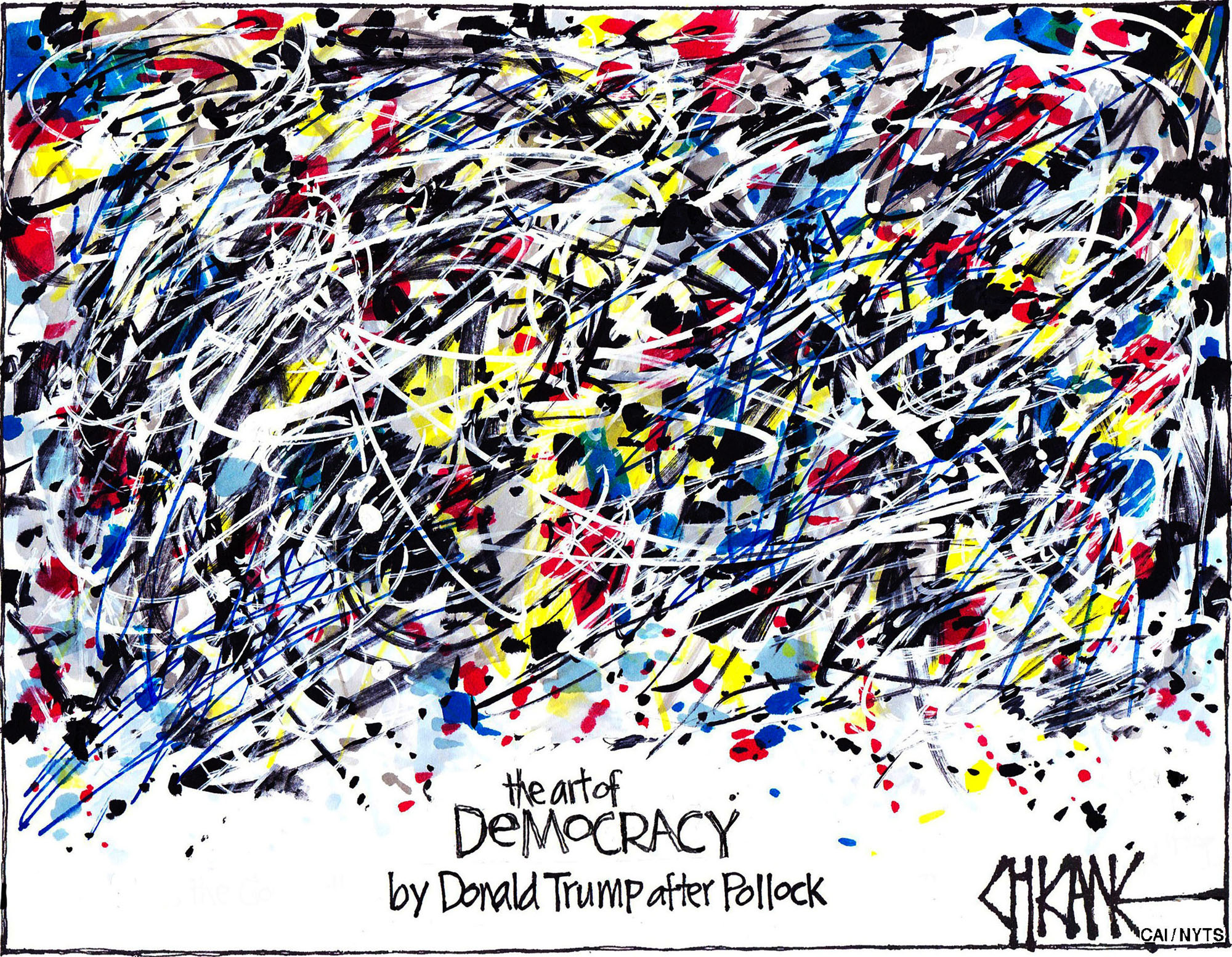Some of the most iconic — and perhaps misleading — news images of the 21st century were of smiling Iraqis holding up their purple-ink-stained index fingers to show that they had voted in their country's January 2005 election. For many, it was the first vote they had ever cast.
The purported story behind the images was that democracy had finally arrived in Iraq. A system without elections cannot claim to be a democracy. So, for many, seeing images of a well-run voting process (the ink stains prevented voters from casting more than one ballot) was proof enough that things had changed.
But democracy is an exceedingly complex system, and free elections are only one feature. An absence of elections certainly implies an absence of democracy. But it does not follow that the inverse is also true. Elections are a necessary but insufficient condition of democracy, which also requires durable institutions that embody democratic values.



